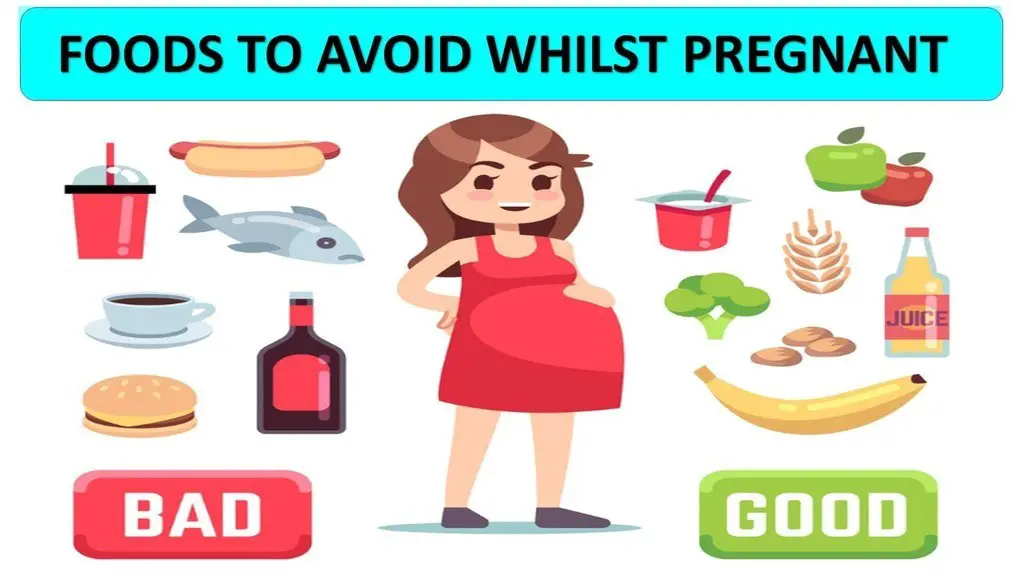You want to eat right when you’re pregnant, but it can be confusing to know just what that means.
In addition to getting extra calories, taking your prenatal vitamins to get nutrients like folic acid and iron, and eating a well-balanced diet, there’s also the subject of what not to eat when pregnant.
In this video, we’ll be talking in detail about the foods you should avoid during pregnancy and why to help you and your baby stay as healthy and happy as possible. Stay tuned for everything you need to know on what you shouldn’t eat when pregnant.
Why Should You Avoid Certain Foods During Pregnancy?
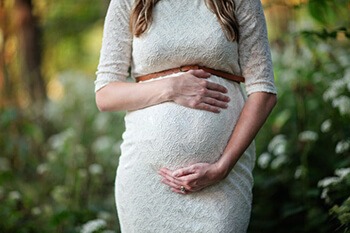

Your immune system is weakened during pregnancy, so you’re more susceptible to bacteria, viruses, and other things that can cause foodborne illness, like E. coli, salmonella, and toxoplasmosis. Not only can these make you sick, but severe cases can cause preterm labour or miscarriage. And since you’re passing along almost everything to your growing baby, what you eat—from the mercury in fish to caffeine in coffee—affects them too.
There’s also listeria, a food-borne illness that’s riskier for pregnant women. You are more likely to get it when you’re pregnant, and you’re more likely to have complications from it. It’s very rare, but there are still instances of it every year.
So how do you avoid it? Simply take extra food safety measures to keep yourself safe regardless of which foods you decide to eat.
Practice safe food handling, washing food and your hands often, clean your fridge and kitchen regularly, and cook things until well-done. You should also avoid or reduce your intake of certain foods that are known to cause problems during pregnancy. These are:
1. Caffeine


The recommendation for pregnant women is 200 milligrams of caffeine a day. That’s about one 12-ounce cup of coffee or two and a half shots of espresso.
There’s evidence that high levels of caffeine in pregnancy can result in babies having a low birth weight, which can increase the risk of health problems in later life. So while you don’t need to hold back too much if you enjoy caffeine, be wary not to go over the recommended daily dose.
The same, by the way, goes for other caffeinated beverages, like tea.
2. Sushi
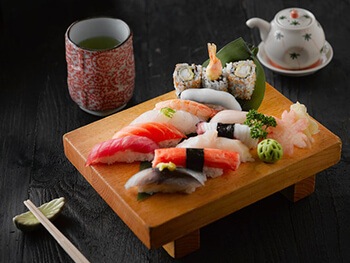

The common advice from doctors is to not eat raw fish sushi while you’re pregnant, as raw fish can contain parasites and bacteria that can make you sick. However, if you regularly go to a sushi place and haven’t gotten sick there, you may be okay to keep eating there during your pregnancy.
Keep in mind that depending on what fish the sushi is made from, you may need to make sure that it has been frozen first.
3. Raw shellfish
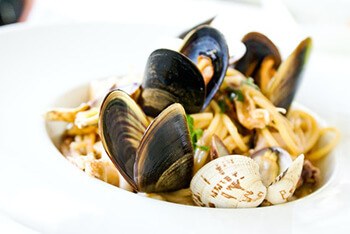

You should avoid eating things like raw oysters while you’re pregnant—those parasites and bacteria again. It's safe to eat shellfish during pregnancy as long as it's been thoroughly cooked.
4. Fish High in Mercury
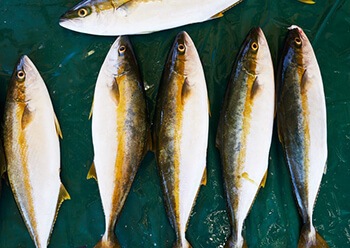

Some fish contain high amounts of mercury, which is a dangerous heavy metal. Although the mercury in seafood isn't a concern for most adults, special precautions apply if you're pregnant, nursing, or planning to become pregnant.
If you regularly eat fish high in mercury, the substance can accumulate in your bloodstream over time, which may affect your baby’s development. King mackerel, marlin, shark, swordfish, tilefish, ahi tuna, and bigeye tuna all contain high levels of mercury.
5. Raw or Undercooked Meats
Raw or undercooked meat should be avoided during pregnancy due to the risk of toxoplasmosis, an infection with bacteria often found in raw meat, as well as sheep, lamb, and cat faeces. Toxoplasmosis is an infection by the Toxoplasma gondii parasite, one of the world's most common parasites. Caught during pregnancy, toxoplasmosis can cause miscarriage, stillbirth, or damage to the baby's brain and other organs, particularly the eyes.
Salmonella is another common bacterial infection that is caused by eating raw or undercooked meat. It can sometimes cross the placenta and infect the foetus, which can lead to miscarriage, or the baby may contract the bacteria during delivery.
6. Deli Meats


Deli meats and foods like hot dogs and cold cured meats can contain listeria. People usually become ill with listeriosis after eating listeria contaminated food, and the disease is most common in pregnant women and newborns.
With listeriosis, you may experience fever, muscle aches, and sometimes gastrointestinal symptoms such as nausea or diarrhea. Listeria infection during pregnancy can cause miscarriage, stillbirth, uterine infection, and preterm delivery, and can increase the risk of serious health problems for the newborn.
To be extra safe, if you’re going to eat deli meats, be sure to cook meat well and either avoid cold cuts while you’re pregnant or heat them thoroughly. Many of these meats are now sprayed with a food additive that helps prevent listeria before packaging, but it’s always best to be on the safe side.
You should also be sure to wash your hands really well with soap and hot water after handling raw meat such as chicken and pork.
7. Unpasteurized Cheeses, Milk, and Juice
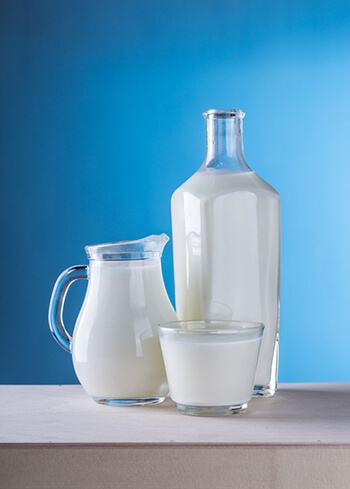

Soft cheeses like brie, gorgonzola, and camembert that are imported or made from unpasteurized milk can carry listeria. The same goes for unpasteurized milk and juices.
By the way, many people become confused about whether they can eat cream cheese during pregnancy, but it isn't actually a soft cheese — it's a cheese spread made with pasteurized dairy. Because of this, it's safe for pregnant people to consume.
8. Raw Eggs
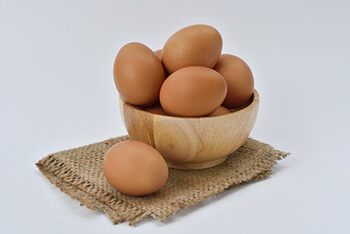

Raw and unpasteurized eggs can carry salmonella, so be sure to cook your eggs. You will need to consider everything that might contain raw eggs, like homemade mayonnaise, raw cookie dough, some homemade protein shakes, salad dressing tiramisu, mouse, hollandaise sauces, and some ice cream.
Always check a product’s ingredients if you’re not sure, although keep in mind that eggs, in general, are fine, and if you find them as a listed ingredient, they’ll be cooked unless stated otherwise.
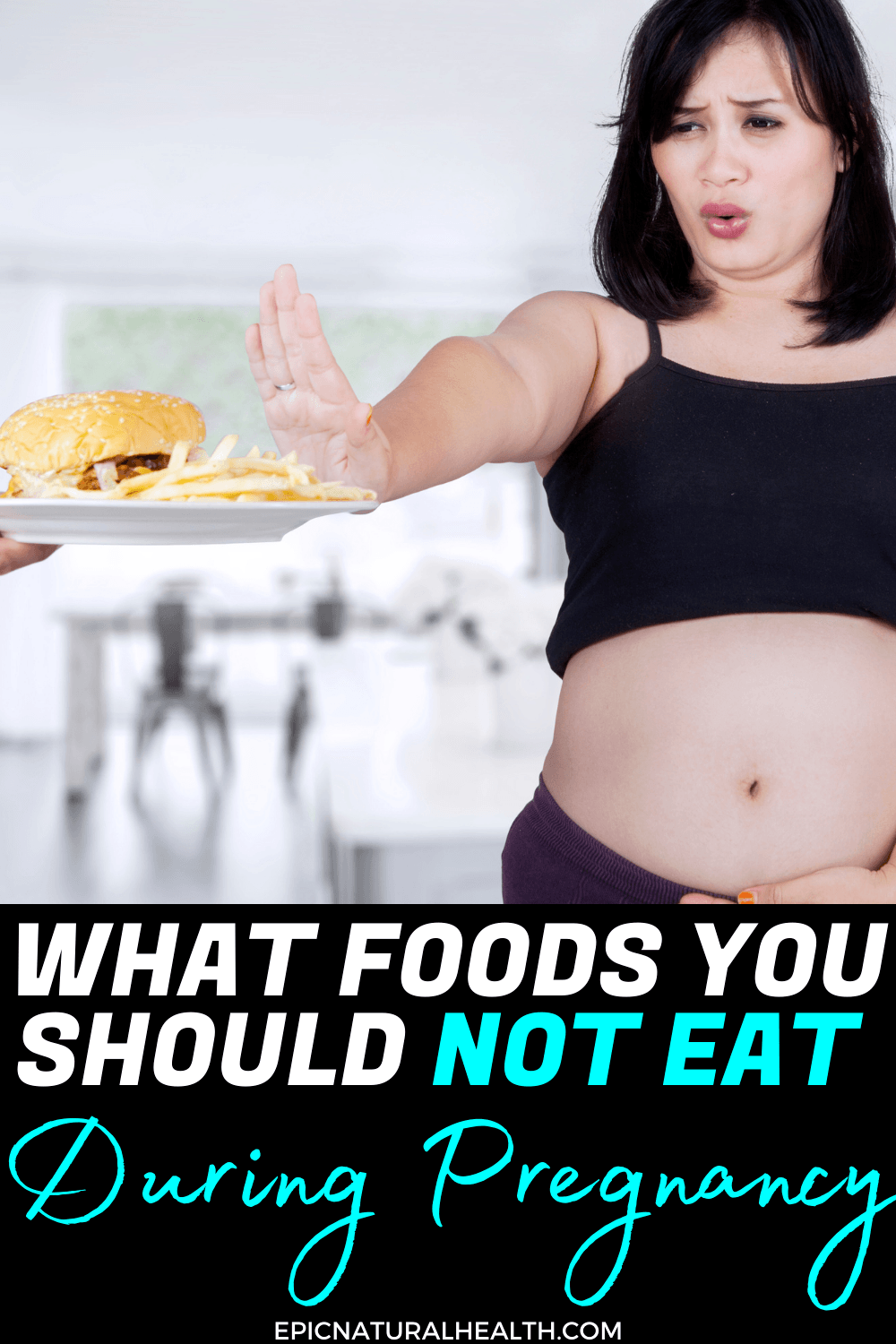

9. Raw flour
It may seem harmless — especially compared to other off-limits pregnancy foods like sushi and undercooked meat — but raw flour can contain bacteria that will make you sick. Flour is obtained from a grain that comes directly from a field and isn’t treated to kill bacteria. What's more, typical kill steps like baking, boiling, heating and frying aren’t used before flour is packaged. So, if there’s bacteria in the raw flour, it’s still going to be there when you handle it.
Pregnancy makes women more susceptible to foodborne illness like E-coli, which is commonly found in raw flour – and getting sick from raw flour can put your baby’s life in danger, so it’s best to avoid it altogether. That means no more licking the bowl after making a cake until after you have given birth.
10. Unwashed Fruits and Veggies
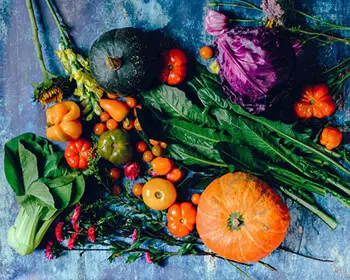

It might seem like extra fuss, but during your pregnancy, you should take a little extra time and scrub the dirt off of your fruits and veggies. Washing will help remove bacteria, including E. coli, from the surface of fruit and vegetables. Most of the bacteria will be in the soil attached to the produce.
Something else to keep in mind is that while you want to eat lots of vegetables and fruit while you’re pregnant, you should probably leave sprouts—like alfalfa and bean—out of your salads, as they can have bacteria. Same with salad bars and pre-packaged salads.
11. Alcohol
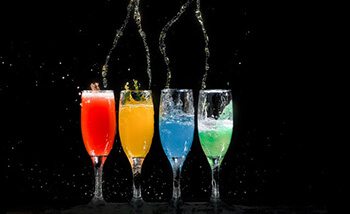

Excessive drinking during pregnancy causes foetal alcohol syndrome, and your doctor or midwife will almost definitely tell you absolutely no alcohol. With that said, there are no studies that say an occasional glass of wine has negative effects on babies.
But it’s probably not worth the risk, and you should be able to live without a tipple for 9 months of your life.
12. Smoked seafood
While you’re pregnant, it’s best to avoid smoked and refrigerated seafood, which may be labeled as lox, jerky, nova style, and kippered, as they commonly contain listeria bacteria. As we know, this bacteria causes listeriosis that could lead to illness in newborn babies, and even miscarriage or stillbirth.
Not only that but processed seafood contains high levels of salt which can lead to increased blood pressure and swelling of body parts, so it’s best to avoid it in general.
13. Herbal tea
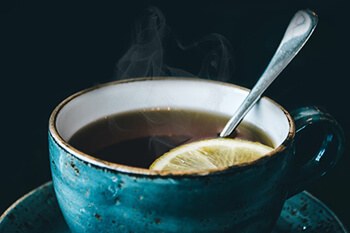

Herbs used for tea or seasonings could harm both you and your unborn foetus. Certain herbs such as ephedra, angelica, kava kava, yohimbe, black and blue cohosh, dong quai, borage oil, pennyroyal, and mugwort are uterine stimulants, which should be completely avoided during pregnancy.
Comfrey, black walnut, cascara sagrada, fenugreek, echinacea, goldenseal, horsetail, liquorice root, saw palmetto, Senna, motherwort, St. John’s wort, shepherd’s purse, wormwood, tansy, and uva ursi may lead to miscarriage. Other herbs that are unsafe to use or ingest are aloe, ginseng, and evening primrose. You should also check with your doctor before ingesting too much tea containing nettles, dandelion, or chamomile.
14. Canned foods
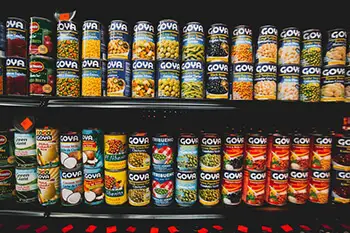

Canned foods, including fruits, vegetables, and sodas are harmful for two reasons. First, the lining of the food cans contains something called Bisphenol A, known more commonly as BPA, a toxic substance that can affect foetal endocrine activity and causes fertility problems, cancer, liver ailments, and heart disease in pregnant women.
Not only that, but if you’re the sort to have a larder stocked full of tins in case of a future apocalypse, you might not realise that your food is out of date, and is harbouring harmful bacteria.
Canned pasta, soup, and infant formulas contain high BPA levels, so try to avoid these when deciding what to buy for your little one. Also, canned tuna and tuna salads contain high mercury levels that are poisonous to the mother and the foetus.
15. Sugar-rich foods
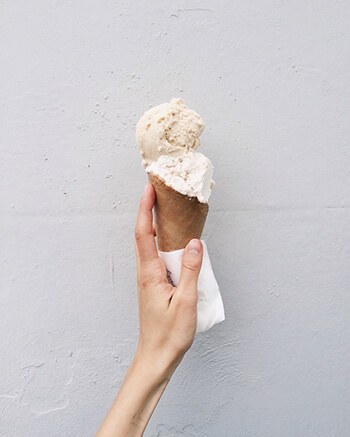

Sugar is bad for us anyway, but it’s wise to cut down on sugar-rich foods such as desserts, cakes, ice creams, biscuits, chocolates, and sweetened beverages when you’re pregnant. These foods worsen pregnancy discomforts, including nausea, vomiting, constipation, and heartburn.
They have also been found to increase weight, contribute to gestational diabetes, increase the risk of preterm labour and preeclampsia, and increase the risk of metabolic syndrome in babies.
16. Excess vitamins
During pregnancy, you will have to increase the intake of certain nutrients, such as folic acid, iron, and calcium. But be careful to avoid taking extra dosages of both fat-soluble and water-soluble vitamins.
Excess fat-soluble vitamins can be stored in your body fat and liver, leading to harmful effects for both mum and baby. Likewise, water-soluble vitamins taken in excess can show irritating effects on the digestive system.
Conclusion
Limiting or eliminating certain foods during pregnancy will do more than just help to keep your baby healthy – it could also prevent life-threatening complications. Be sure to consult with your doctor in any instance if you’re concerned or curious about including certain food in your diet.

